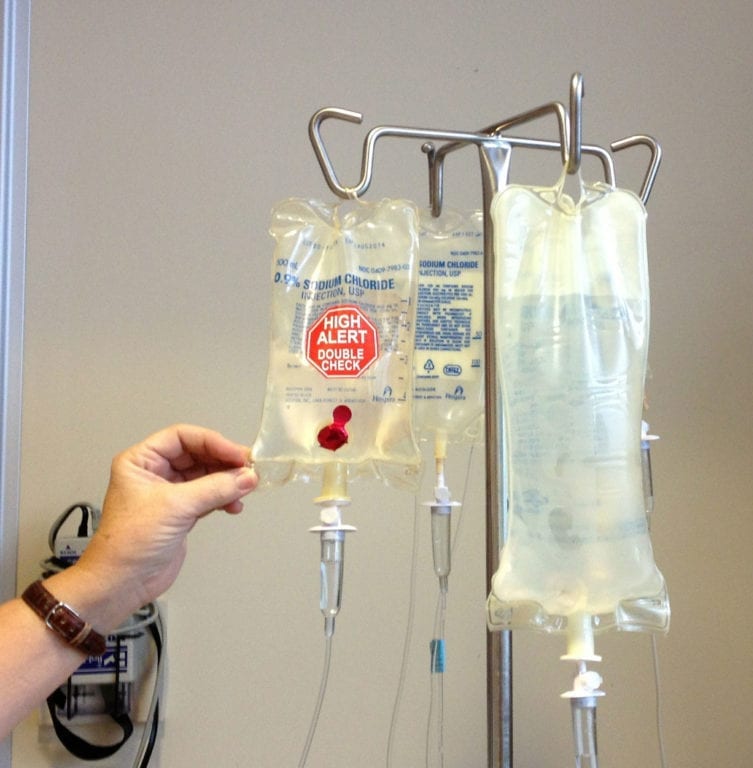INT230-6, developed by clinical-stage biotechnology company Intensity Therapeutics (“Intensity”), is an investigational therapy comprising three moieties: cisplatin, SHAO-FA (a penetration enhancing molecule), and vinblastine sulfate. A moiety, in this sense, refers to an active part of something that plays a role in the pharmacological or physiological action. Identified using Intensity’s proprietary DfuseRx℠ platform, INT230-6 combines powerful anti-tumor agents and allows for increased diffusion into malignant cells. According to a news release from Intensity, the FDA granted Orphan Drug status to these three moieties for soft tissue sarcoma (STS).
Orphan Drug designation is given to therapies intended to treat, diagnose, or prevent rare conditions affecting fewer than 200,000 people nationwide. The status is only given if companies can prove that their therapy offers some efficacy in treating the intended condition. In this case, Orphan Drug status came following results from a Phase 1/2 trial that highlighted INT230-6’s unique benefits. Trial participants with STS who were given INT230-6 saw significantly increased survival rates of nearly 450 days, or over one year. The therapy was also safe, well-tolerated, and prompted systemic immune responses. Moving forward, Intensity hopes to launch a Phase 3 study to further examine the drug.
Outside of STS, Intensity is exploring INT230-6 as a potential therapeutic option for breast cancer.
What to Know: Soft Tissue Sarcoma (STS)
Soft tissue sarcoma refers to cancer that manifests in muscles, nerves, tendons, blood vessels, or other soft tissues throughout the body. While this cancer can manifest in any soft tissue, it is most often found in the arms, abdomen, chest, and legs. STS comes with multiple subtypes; synovial sarcoma, angiosarcoma, and osteosarcoma are just three of its many forms.
STS is often difficult to detect and diagnose. It typically has no symptoms until the cancer has progressed. Unfortunately, the prognosis is poor, especially if the cancer has spread. Identifying effective treatment options is crucial to improving patient outcomes.
While symptoms vary based on the specific STS subtype, some potential symptoms may include:
- Dark, black, or “tarry” looking stools
- Blood in your stools or vomit
- A noticeable lump or mass under the skin
- Indigestion
- Constipation
- Feeling of fullness
- A mass under the skin that was removed and reappeared
- Chronic pain






